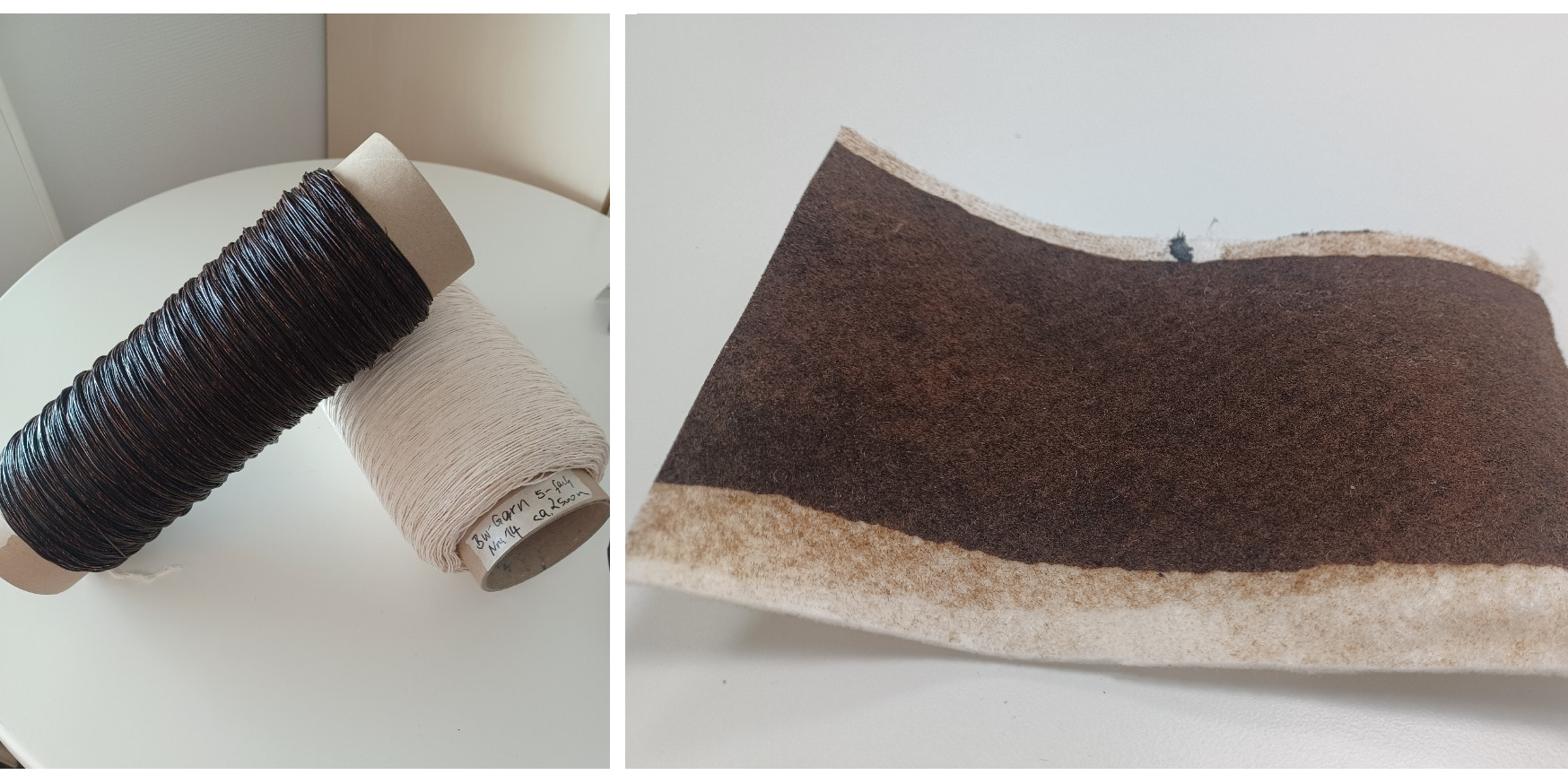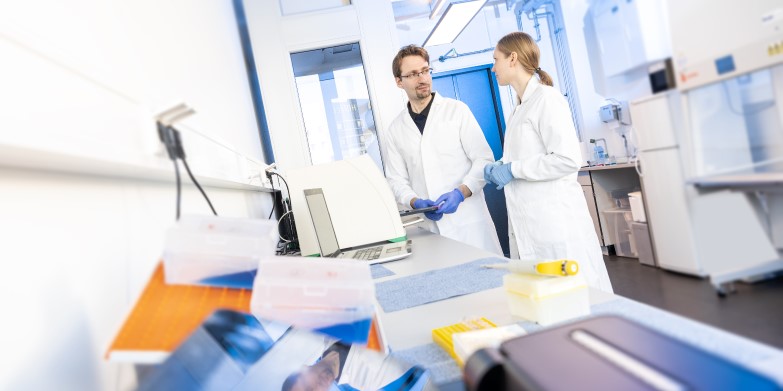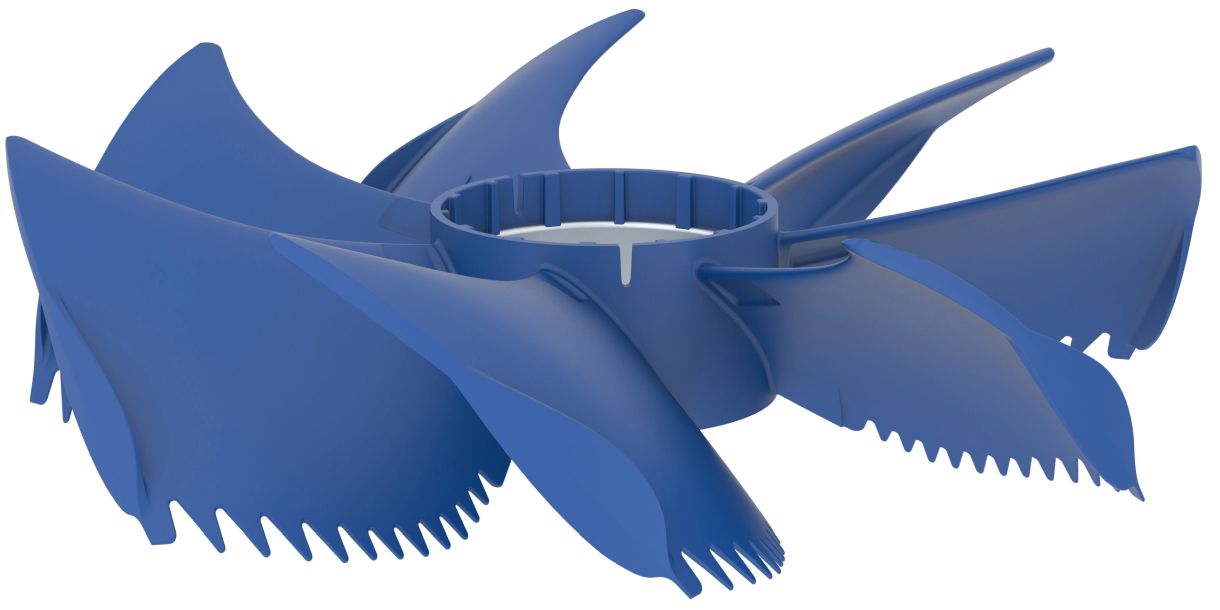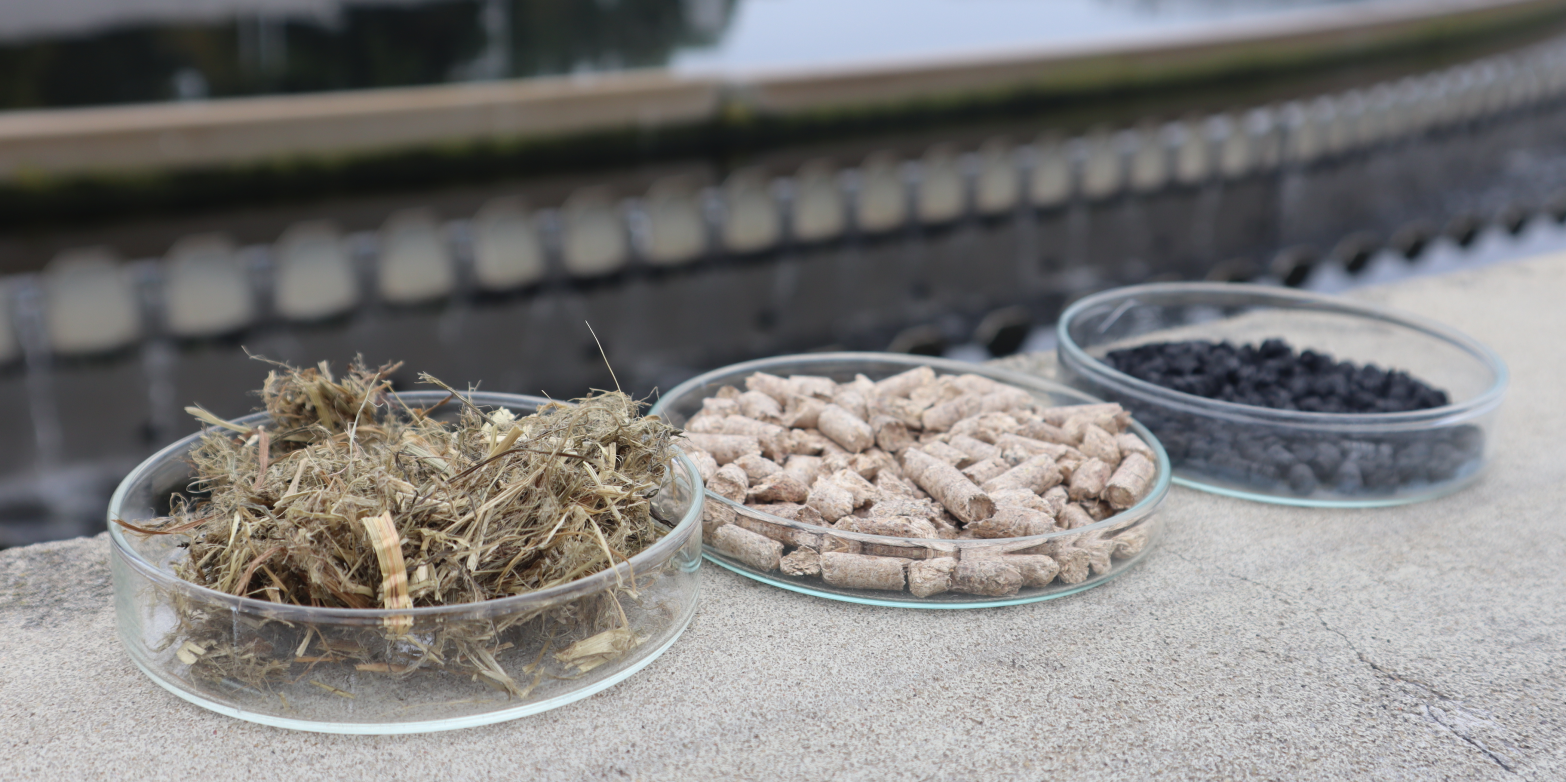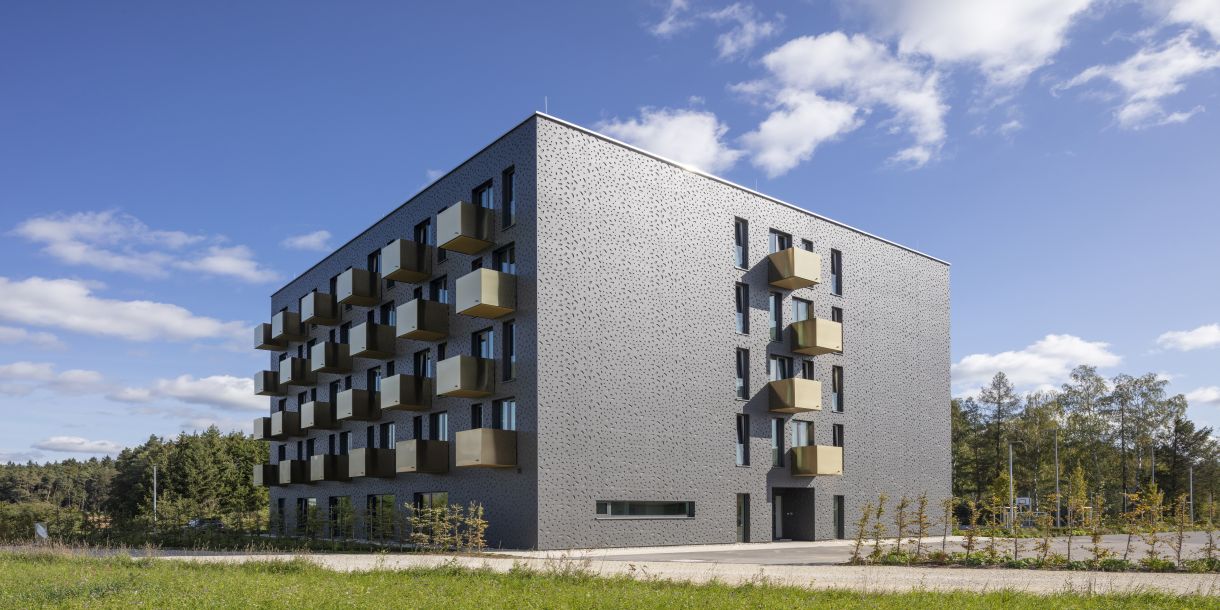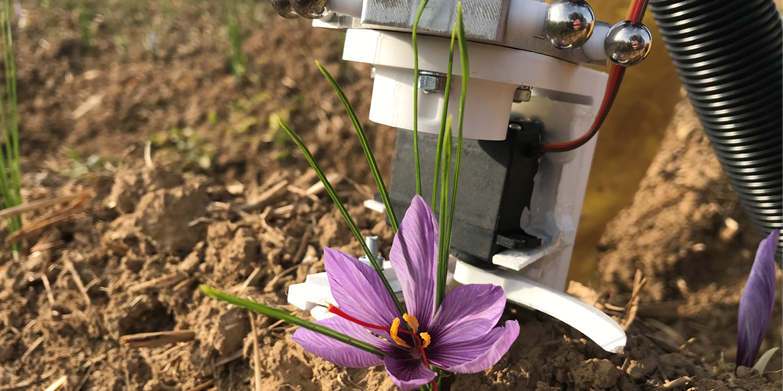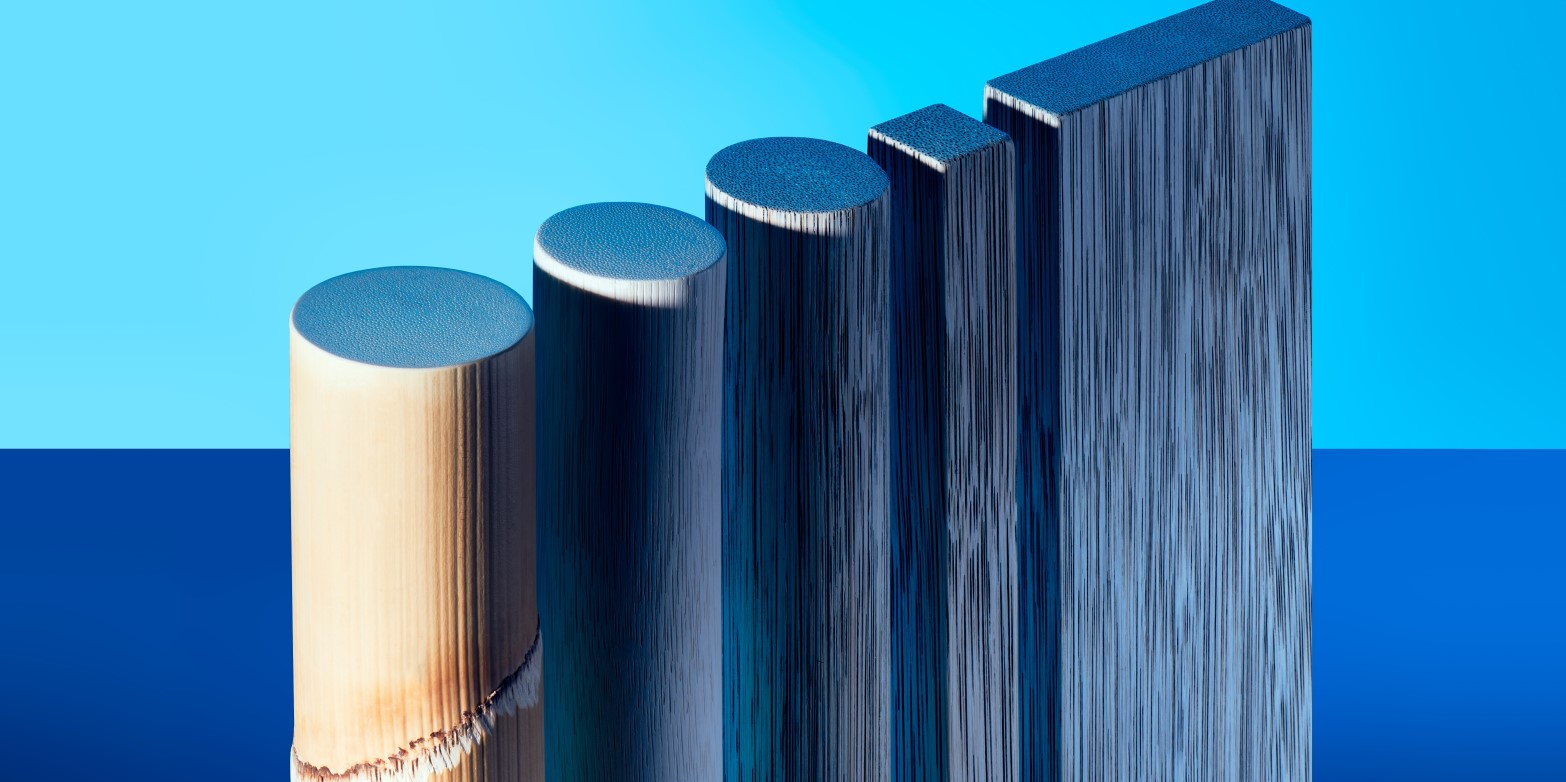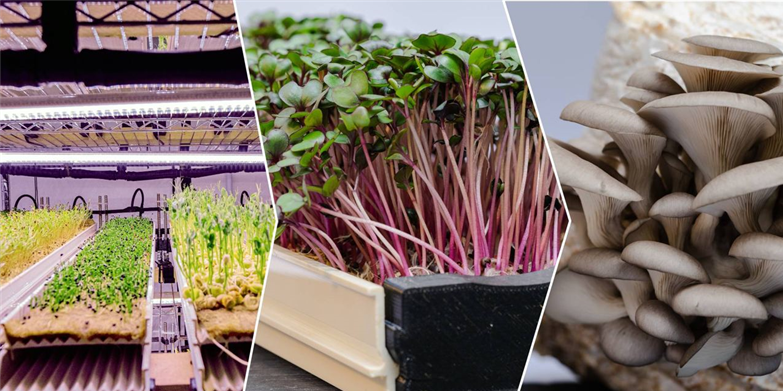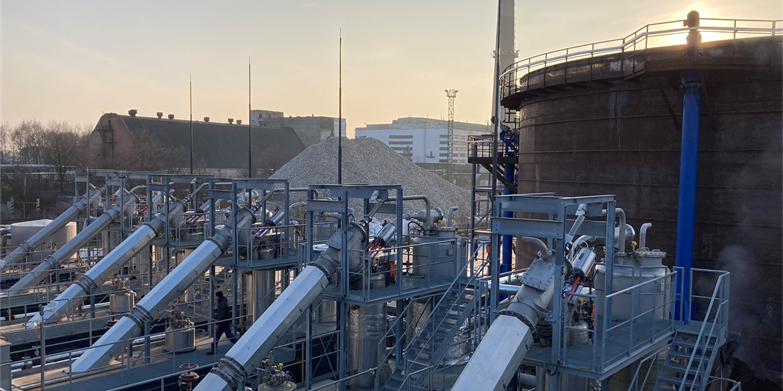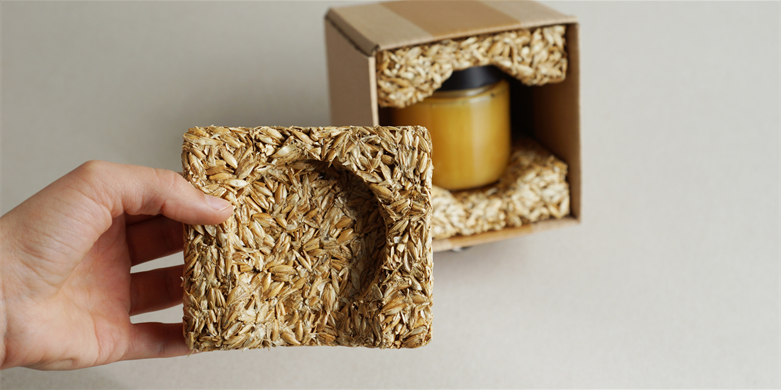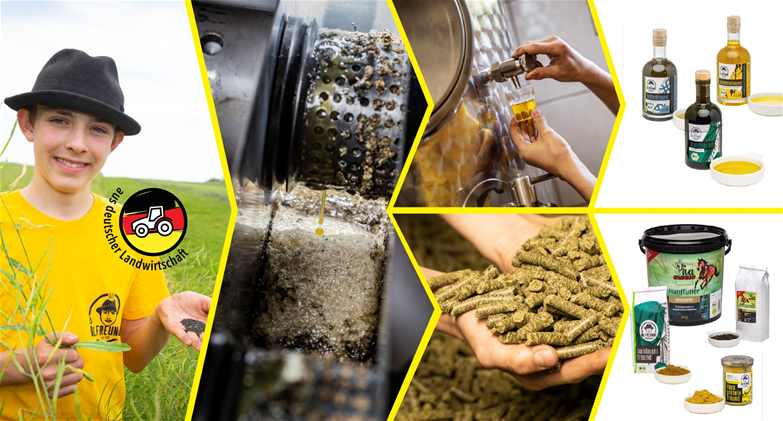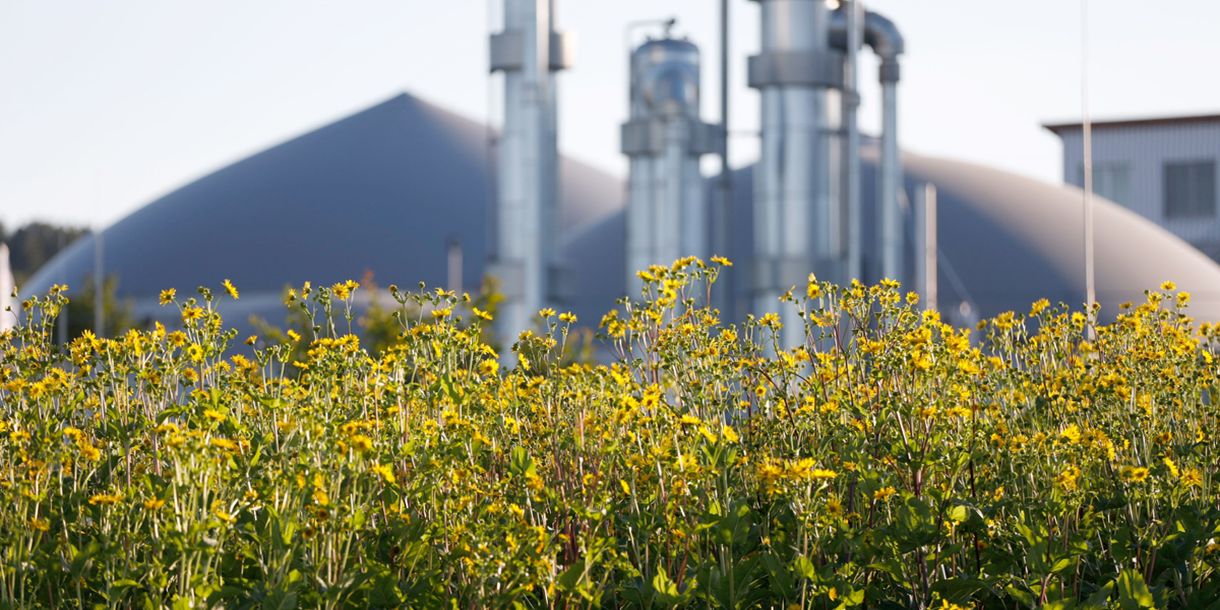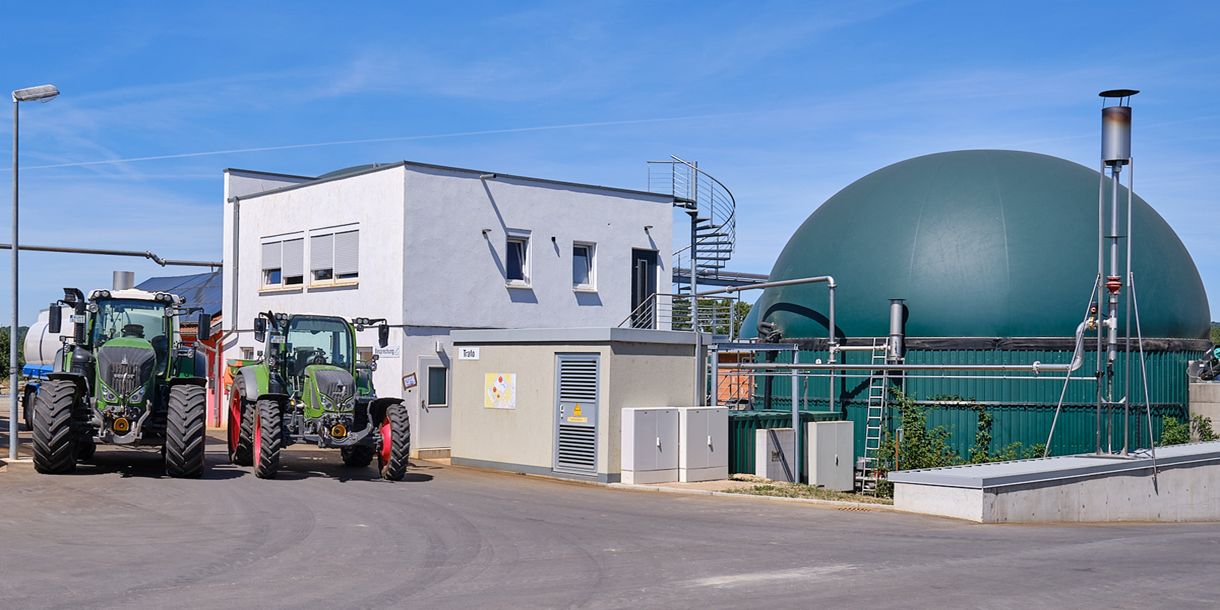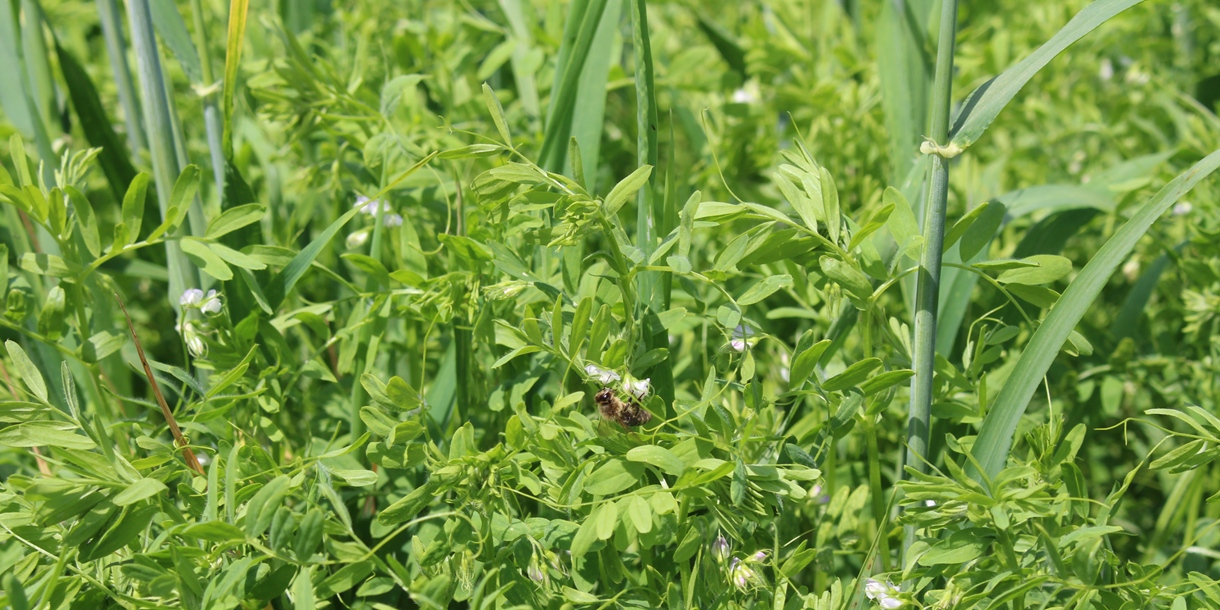"Textile coatings made of lignin for sustainable geotextiles"
These project partners have developed a coating system for natural fibers that uses lignin from sidestreams. This protective coating slows down the rate of biological degradation of fibers. Such coated natural fibers could be produced in the future as biobased geotextiles. The most exciting part: these innovative materials fulfill their function to stabilize soils when its needed, and then can return to the biological cycle at the end of their lifetime. The input of plastics into the ecosystem from conventional geotextiles can thus be avoided.
A lignin-based thermoplastic coating is applied to cotton thread, which lengthens the lifespan of such textiles. Thanks to the customizable protective coating, these geotextiles can fulfill their function and then degrade naturally in the soil. That means that this development is suitable for geotextiles with many different applications in structural and civil engineering, situations requiring physical stabilization or reinforcement, as well as for agricultural usage.
Winner of the Bioökonomie-Innovationspreis 2024 of the state of Baden-Württemberg.

